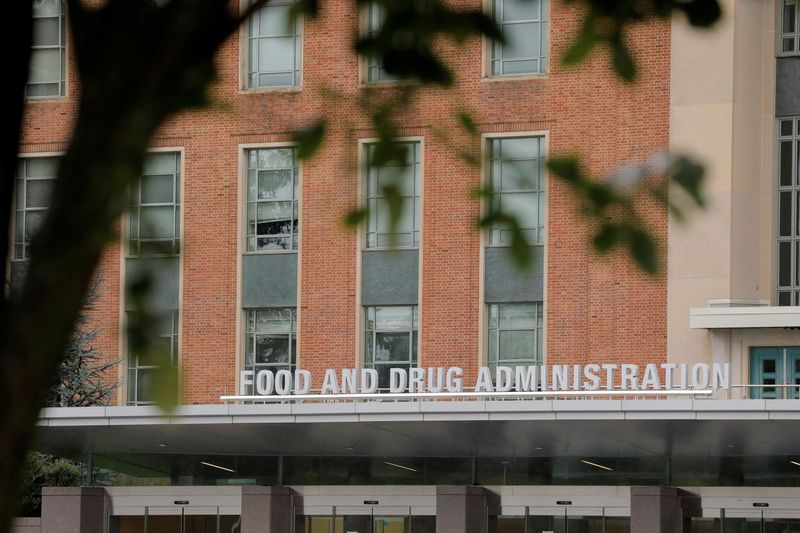By Sriparna Roy and Pratik Jain
(Reuters) -Advisers to the U.S. Food and Drug Administration on Tuesday voted against a therapy based on the mind-altering drug MDMA for patients with post-traumatic stress disorder, marking a setback to the nascent field of psychedelic treatments.
The panel voted 10-to-1 against the first MDMA-based PTSD treatment, saying the benefits did not outweigh its risks, while nine members said the available data did not show its effectiveness in PTSD patients.
Much of the panel's discussion centered on the way the trials were conducted, as well as issues pertaining to their design and data collection.
"It seems like there are so many problems with the data - each one alone might be okay, but when you pile them on top of each other, there's just a lot of questions still I would have about how effective the treatment is," said Melissa Barone, a panel member who voted against the treatment's benefits.
The agency is not required to follow the panel's advice, but usually does so and is expected to make its final decision by August.
Commonly known as ecstasy or molly, MDMA has long been seen by advocates as a potential treatment for mental health disorders and to have therapeutic applications beyond their illicit use.
The treatment, a capsule form of MDMA made by public-benefit corporation Lykos Therapeutics, is intended to be administered along with sessions of talk therapy by a licensed mental health provider.
Other non-profit medical groups, including the Institute for Clinical and Economic Review (ICER) and American Psychological Association, had earlier said there was "insufficient" evidence to show the benefits of the MDMA-assisted PTSD treatment.
An ICER report also highlighted concerns related to inappropriate therapist behavior in a mid-stage study, which majority of the panelists said was concerning.
On Friday, staff reviewers raised concerns that patients in the trials were aware of whether they were given MDMA or a placebo due to its psychedelic effects, preventing an objective view of how well the drug worked.
The FDA said there was a "striking lack" of documentation of abuse-related adverse events, which may limit the agency's ability to explain the effects of MDMA or determine its abuse liability.
"I can't in good conscience support something where these many harms are being reported," said patient representative Elizabeth Joniak-Grant.
More than 190 patients, who received doses of MDMA in addition to therapy, showed a significant reduction in PTSD scores compared to placebo.

"We are disappointed in today's vote given the urgent unmet need in PTSD," Lykos CEO Amy Emerson (NYSE:EMR) said in a statement.
PTSD affects 13 million Americans and is especially common among war veterans.